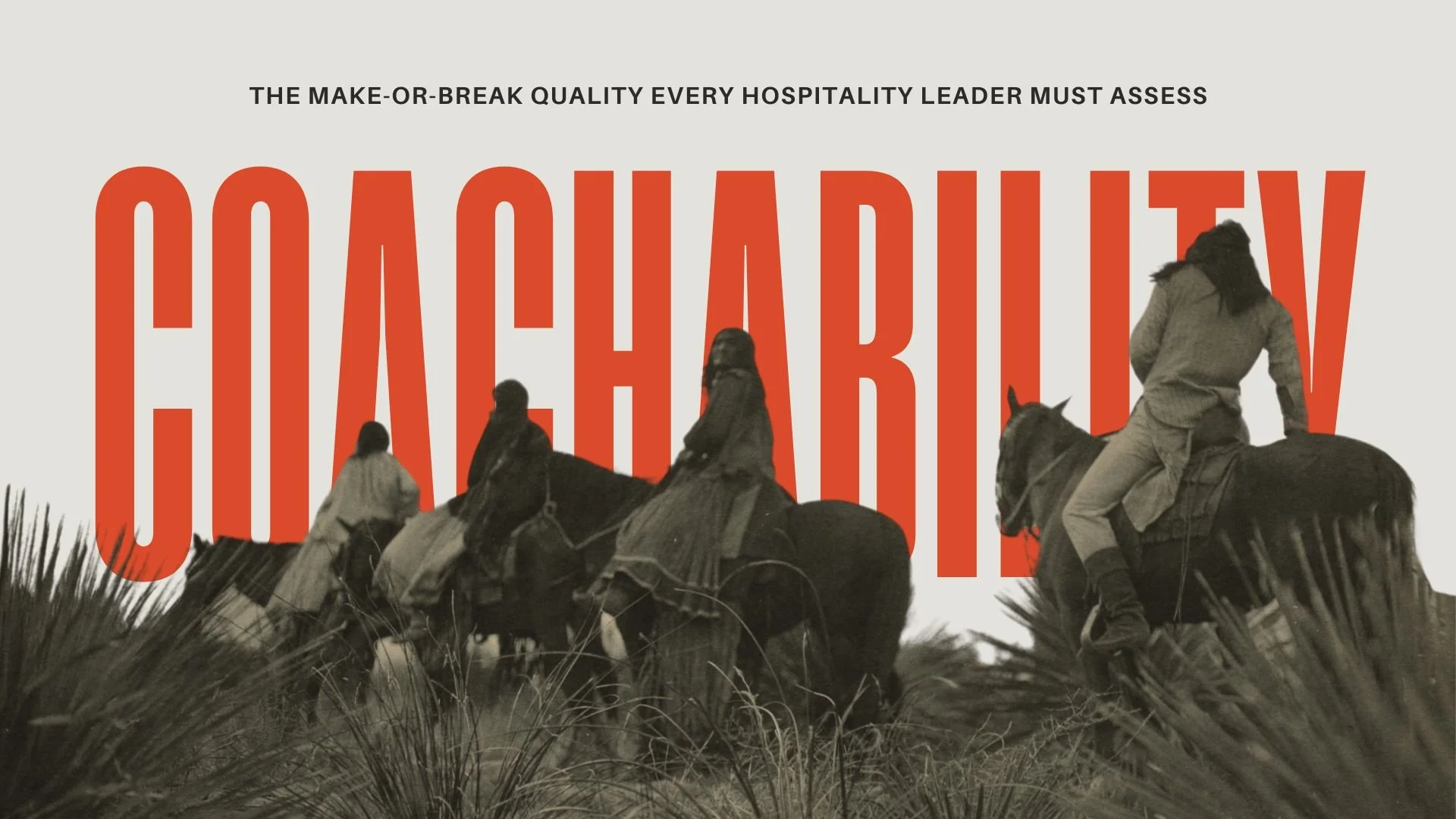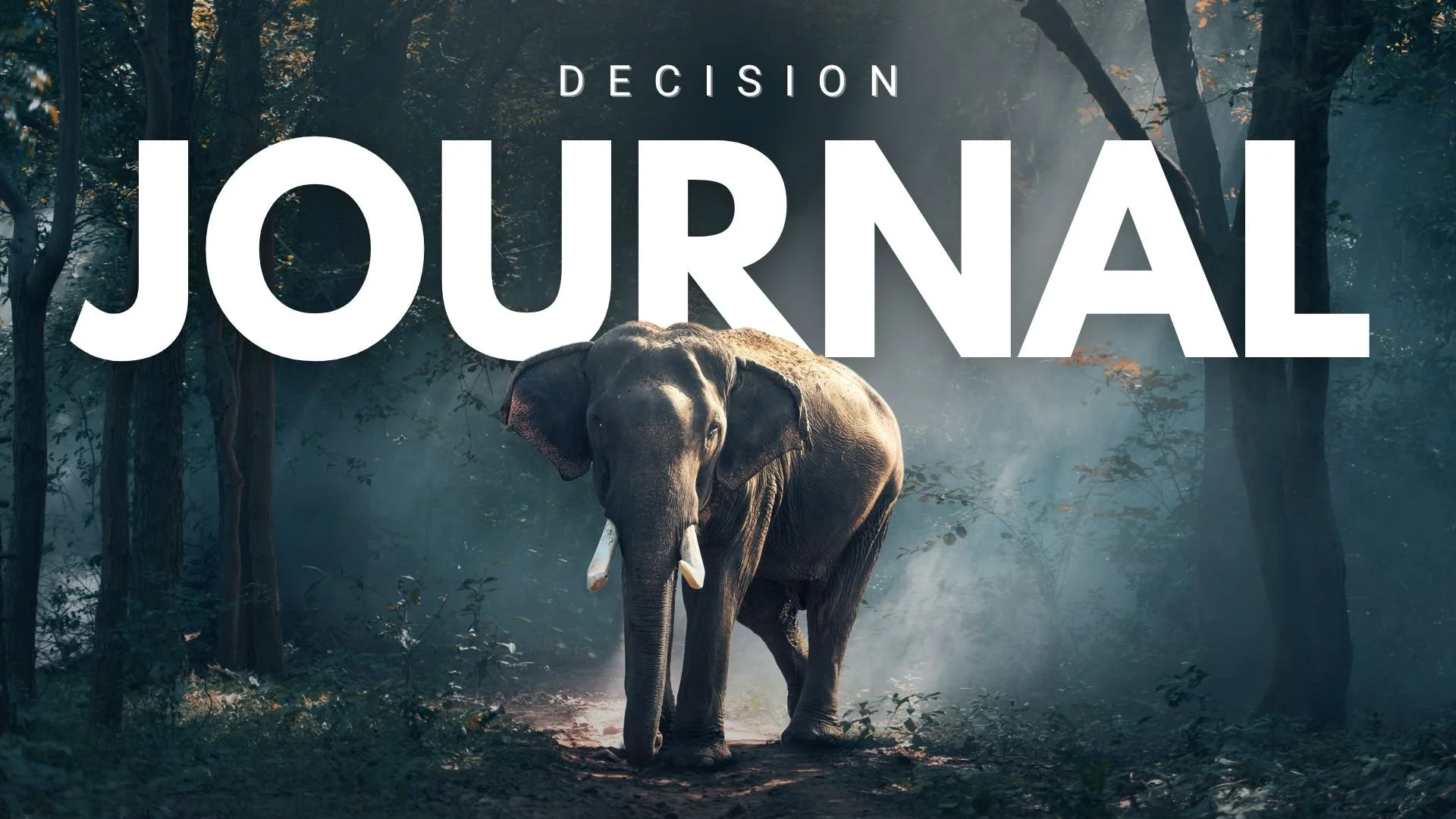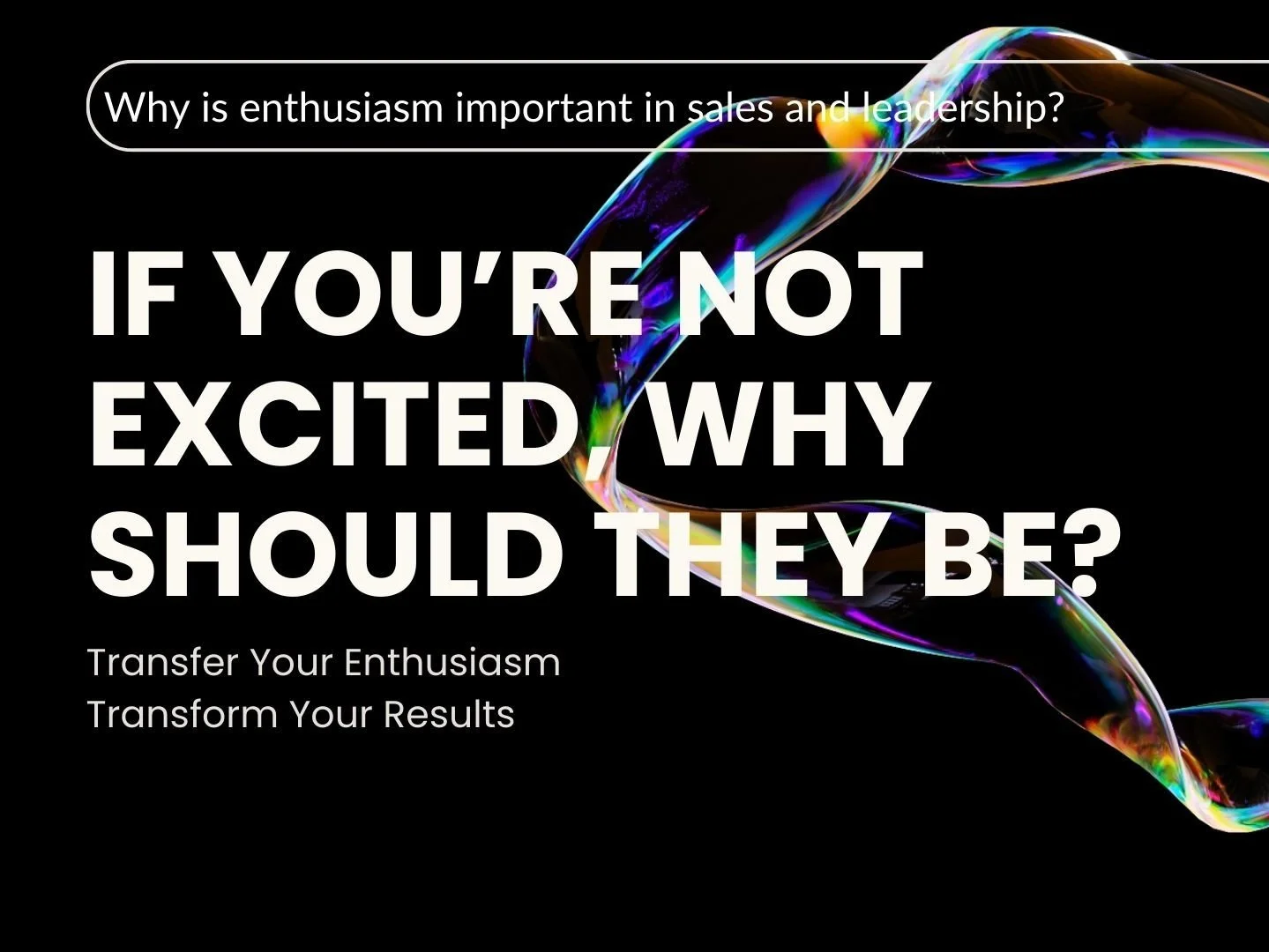We’re Influenced By Very Particular Types of Rewards. Now That You Know That, What To Do About It @ Work.
Expected rewards reduce motivation on a task. Surprise rewards increase motivation on the same task. Fixed rewards are less powerful than performance-based rewards, even with creative tasks. - Zach Hamed
Why is it relevant to Hospitality & Service Industries?
Typically you would use this for team members/employees and some actionable insights are mentioned below. But I invite you to use this to think of customer/guest behaviour too.
Our job as hospitality leaders and managers is to make sure that we design our services in a manner that produces the greatest amount of value or joy for our guests. The ideal would be to design services and processes that bring joy to both, the guests and the team.
Actionable Insights
Rewards are used to create the desired behaviour. We train the mind to do something because there are rewards attached to the activity and a positive outcome. There is a whole lot of information at https://en.wikipedia.org/wiki/Motivation.
Let's break the insight down to smaller learnings:
Expected rewards reduce motivation on a task.
If you know you will only get X, to do Y, you may not want to do it. Since you know what the X is. Of course, this will not hold true, if what is expected is equal to or greater than what you want for that task.
Surprise rewards increase motivation on the same task.
When the surprise is revealed, it must be equal to or more than the value of the expected reward.
Fixed rewards are less powerful than performance-based rewards, even with creative tasks.
This makes intuitive sense. If everyone just gets the same reward, irrespective of effort or outcome, then the incentive to do more is taken away.
Real-World Example
Let's try and run 3 examples.
Example 1 - Only For Guest Behaviour
The most simple, yet amazingly effective use of this insight, is the Happy Meal @ McDonald's.
“Few things are more iconic in American kid culture than the garishly decorated McDonald's Happy Meal box. Who among us can’t remember whining to their parents for a cheeseburger when all we really wanted was the latest Barbie figurine, Hot Wheels car, or cheap movie tie-in tchotchke?”– Kayla Webley
It is the perfect combination of expected & surprise reward. The child knows they will get a toy (expected), while which toy on that day and visit is the surprise.
Example 2 - For Your Team
Most organisations celebrate employee birthdays. Most also run 'employee-of-the-month type programs. In both these cases, the rewards are known and hence not really a surprise.
Imagine a different reality. Let's say it's your birthday and the HR team (or interdepartmental, which we suggest) gives you 4 boxes to choose from. Each box has a different gift so to speak, but all are similar in value. You don't have to get a cake or a voucher, you may get free tickets to a movie, a free phone recharge or even a gift card etc. You wouldn't know what you got, till you opened your present. This could be expected, yet have an element of surprise.
Example 3 - For Both The Guest & The Team Member
Guests are sold or enrolled on memberships/loyalty programs. Guests are told there is a welcome gift (read reward) & of course ongoing reward points.
Team members who enrol guests into the program are also incentivised. They are given points, rewards to enrol as many members as possible.
What if, you surprised your team members by rewarding them when the guests they enrolled reached significant milestones? Every time a guest redeems or avails of a reward, give something to the employee who enrolled that guest.
This makes the effort aligned. Your teams are not just signing up people, but also interested in those members using the loyalty program.
Want to make this WOW?
Find a way to make everything about performance. And here is a simple way to do it:
Find a task or process that you want to implement a reward system for.
Get the team together.
Make a list of what the critical measure should be - results-oriented.
Set up rewards on that measure.
Make sure the rewards have a surprise element in them.
Make this is a game. Gamify it.
It would be really interesting if you took a few minutes and made a list of rewards that you find both surprising and satisfying for yourself. You will be amazed that once you identify these, you will be unable to run a simple reward program. You will want to make it fun!
If you need inspiration, do write to p.bedi@eclathospitality.com.
👋 We put out these small, enjoyable, actionable insights regularly. These are for hospitality & service leaders.
TO READ ALL INSIGHTS PUBLISHED SO FAR, CLICK HERE











The Michelin Key isn't a rating—it's a philosophy of obsession where five universal criteria unlock the invisible threads that make guests unable to stop thinking about you.
Master the 5 Michelin Key criteria that transform good hotels into unforgettable experiences. Actionable frameworks for design, authenticity, service, and value.